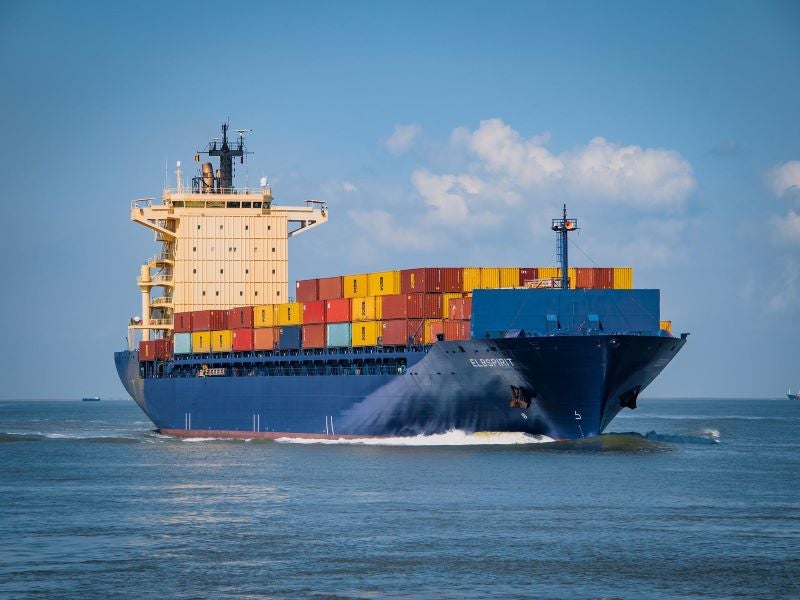
The European Union (EU) parliament has voted in favour of extending the emissions trading system (ETS) to shipping, prompting the sector to ramp up its decarbonisation push.
The move will impact ships above 400 gross tonnage and offshore vessels, including the ones servicing offshore gas and oil facilities across the EU.
Polluters are expected to pay for their share of greenhouse gas emissions, such as CO₂, CH₄ and N₂O, during voyages within the bloc and half of the journeys outside the EU until 2027.
After this period, all vessels sailing in and out of EU ports will automatically be included in the carbon market system.
However, the system would exclude ice-going ships and vessels travelling to the outermost regions of the world.
Welcoming the move, Transport and Environment (T&E) climate manager Sofie Defour said: “Expanding the EU’s flagship cap and trade scheme ensures that more of Europe’s polluters are made to pay.”
Defour continued: “At a time when oil and gas majors are making bumper profits off the war in Ukraine, this is a strong step towards a just transition.
“If this provision from the parliament becomes law, it will finally make oil majors pay back to society and allow the EU to start shaving off part of their huge profit margins.”
The European Community Shipowners’ Associations (ECSA) also welcomed the EU’s commitment to the ‘polluter-pays’ principle, which seeks to pass the ETS costs on to commercial operators.
ECSA secretary-general Sotiris Raptis said: “European shipowners welcome the increased climate ambition of the ‘Fit for 55’ package.
“We have criticised the lack of consistency and have put forward workable solutions. The parliament’s vote is a strong signal that the European policy-makers listen to us and take into account the proposals of our sector.
“We need all hands on deck, and the role of the commercial operators is key for reducing emissions.”
The EU’s Fit for 55 in 2030 package aims to reduce greenhouse gas emissions by at least 55% versus 1990 levels by 2030 and achieve net-zero emissions by 2050.



